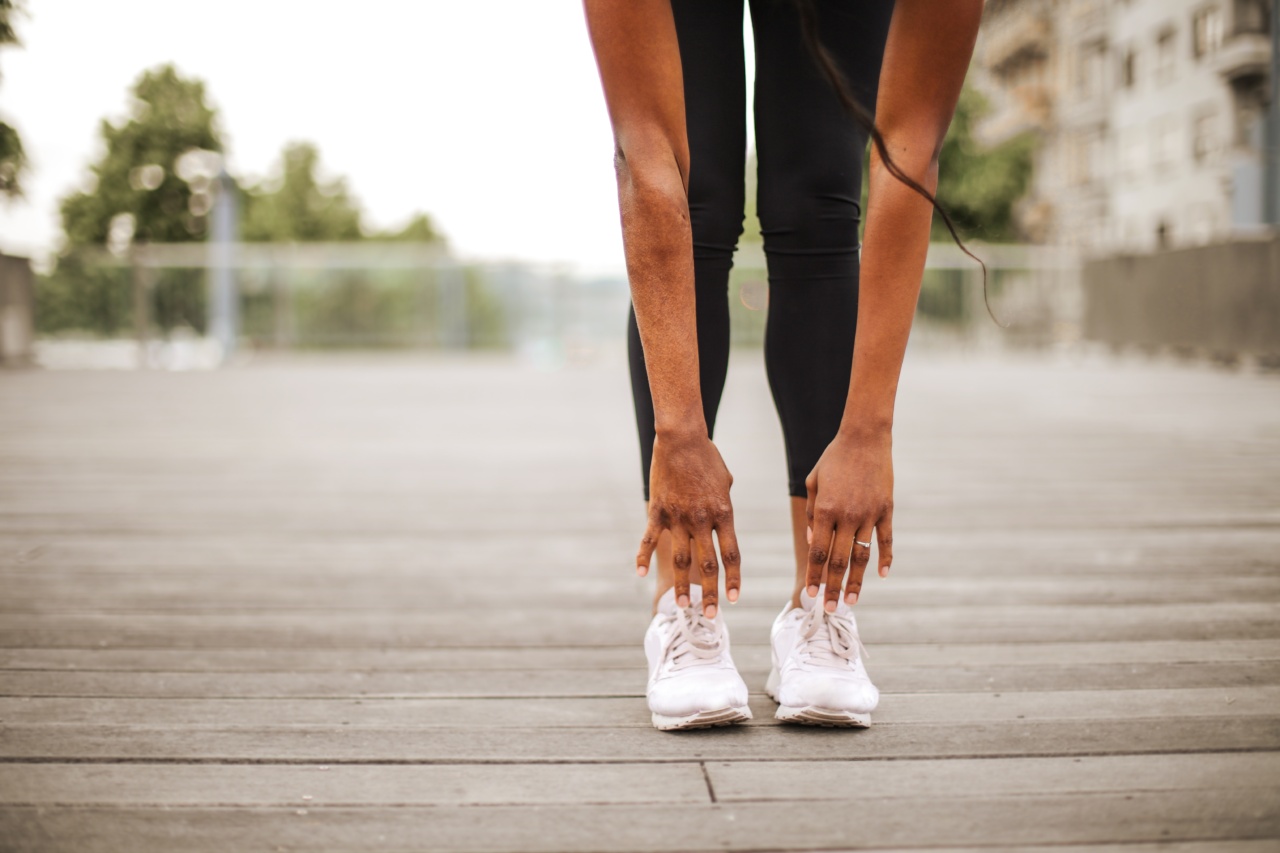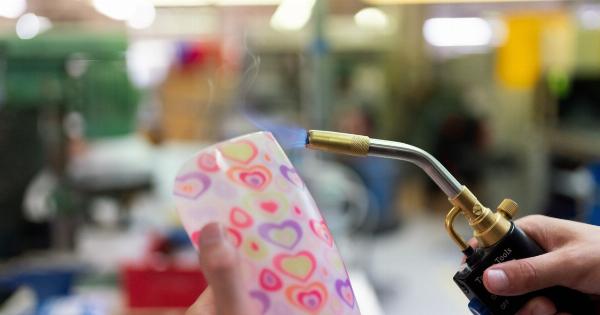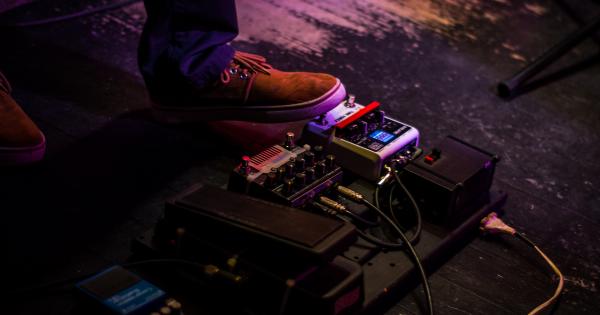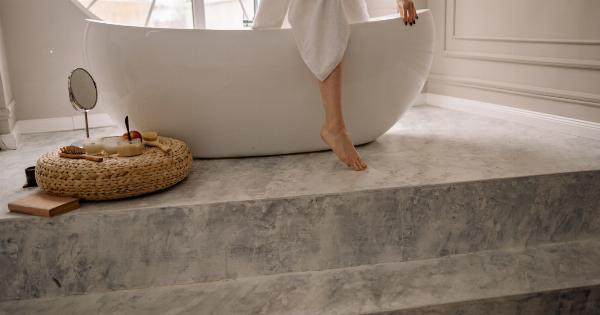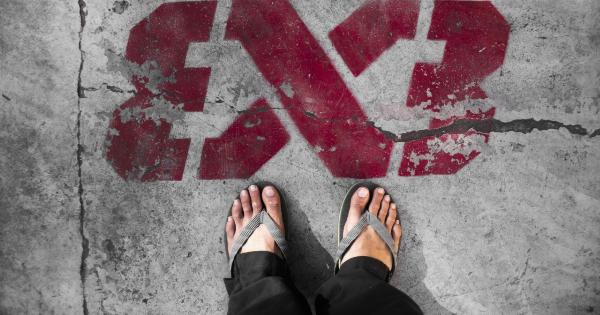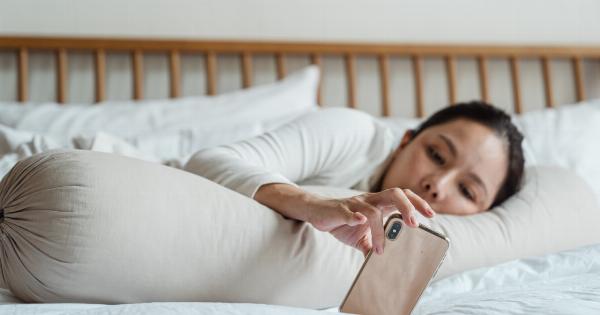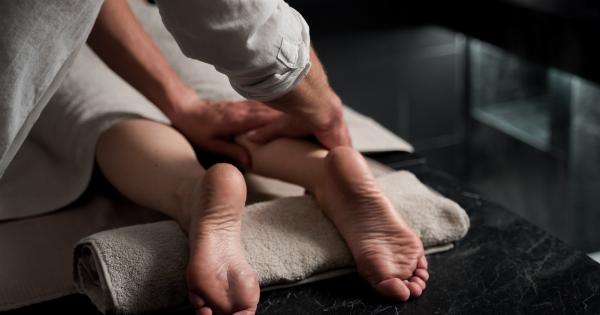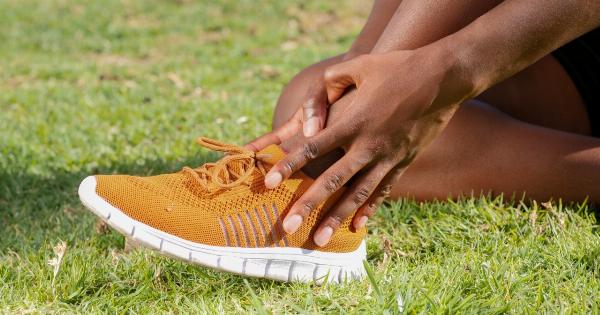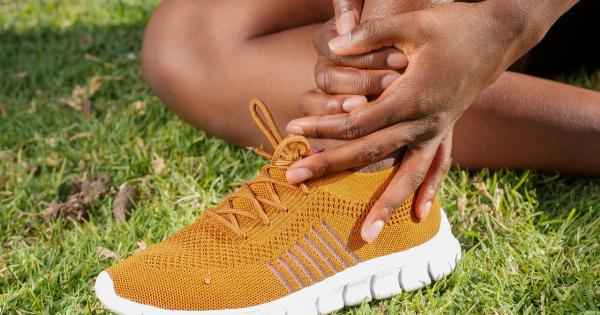Your feet are crucial for keeping your body balanced, mobile, and healthy. They are responsible for supporting your entire body weight and helping you maintain proper posture.
Unfortunately, many of us neglect our feet and make mistakes that can cause various foot problems, injuries, and pain. In this article, we’ll discuss some common foot mistakes that affect your health and how to avoid them.
Wearing the Wrong Shoes
Wearing the wrong shoes can cause various foot problems, including blisters, calluses, corns, cracked heels, bunions, hammertoes, plantar fasciitis, and more. High heels, narrow shoes, flip flops, and worn-out shoes are some of the most common culprits.
High heels put pressure on the balls of your feet and your lower back, causing pain and other issues. Narrow shoes can cause toe deformities and inhibit blood flow. Flip flops provide no arch support, leading to painful plantar fasciitis and other conditions. Worn-out shoes offer no cushioning and support, leading to impact injuries and ingrown toenails.
To avoid these problems, you should wear shoes that fit you properly, provide adequate arch support, cushioning, and shock absorption, and match your activity level and foot type.
You should also replace your shoes regularly, avoid heels higher than 2 inches, and avoid narrow and pointy toes.
Ignoring Foot Pain
Ignoring foot pain or discomfort can worsen your condition and lead to chronic problems. Pain is your body’s way of telling you that something is wrong, and if you ignore it, you may end up with a more severe issue.
Common foot pain causes include sprained ankles, torn ligaments and tendons, stress fractures, fallen arches, plantar fasciitis, and Achilles tendonitis.
To prevent foot pain, you should maintain a healthy weight, wear proper shoes, do regular stretching and strengthening exercises, and avoid overuse injuries.
You should also consult a podiatrist if you experience persistent or severe foot pain, swelling, or redness.
Tightening the Toe Box
Tight shoes or socks that press on your toes can cause interdigital neuroma, a painful condition that affects the nerves between the toes. The symptoms include burning pain, tingling, numbness, and swelling.
To prevent interdigital neuroma, you should wear shoes and socks that fit you well and do not compress your toes. You should also loosen your laces or straps if you feel tightness or discomfort in your toes.
Sitting for Prolonged Periods
Sitting for prolonged periods puts a lot of pressure on your feet and can cause various foot issues, including swelling, varicose veins, and blood clots.
When you sit for too long, your blood circulation slows down, and your muscles and joints become stiff and painful. This can lead to poor posture, back pain, and other problems.
To prevent foot problems caused by sitting, you should stand up and stretch often, do foot and ankle exercises, and avoid sitting for more than 30 minutes at a time.
You can also elevate your feet on a stool or footrest to reduce swelling and improve blood flow.
Walking Barefoot
Walking barefoot can cause various foot problems, including cuts, bruises, fungal infections, and plantar warts. When you walk without shoes, your feet are exposed to sharp objects, rough surfaces, and bacteria, which can damage your skin and nails.
Fungal infections thrive in warm, moist environments, such as a locker room or pool area, and can spread easily from person to person.
To prevent foot problems from walking barefoot, you should wear shoes or sandals in public places, especially where water is present. You should also keep your feet clean and dry, trim your nails regularly, and avoid sharing shoes or socks.
Skipping Warm-Up and Cool-Down
Skipping warm-up and cool-down exercises can lead to foot injuries and pain. When you exercise or play sports, your muscles and joints need to warm up gradually to prevent strains, sprains, and other injuries.
Similarly, cooling down properly after exercise can help your muscles and joints recover and prevent soreness and stiffness.
To prevent foot injuries and pain, you should warm up your feet and ankles before exercise with gentle stretching and mobility exercises.
You should also cool down properly after exercise with stretching and massage to reduce inflammation and promote circulation.
Neglecting Hygiene
Neglecting foot hygiene can lead to various foot problems, including fungal infections, ingrown toenails, and bad odor. When you don’t clean your feet regularly and properly, bacteria and fungi can build up, causing itching, flaking, and scaling.
Ingrown toenails occur when the nail grows into the skin, causing pain, swelling, and infection. Bad odor occurs when sweat and bacteria accumulate in your shoes and socks.
To prevent foot problems caused by hygiene neglect, you should clean your feet every day with soap and water, dry them thoroughly, and apply lotion to keep them moisturized.
You should also trim your nails straight across and avoid cutting them too short or on the corners. To prevent bad odor, you should wear clean and dry socks, rotate your shoes, and use antiperspirant spray or foot powder.
Wearing Unsuitable Shoes for Physical Activities
Wearing unsuitable shoes for physical activities can cause various foot problems, including blisters, sprains, fractures, and plantar fasciitis.
Every physical activity requires a specific type of shoes that can provide the necessary support, traction, and flexibility. For instance, running shoes should have good shock absorption and stability, while tennis shoes should have good lateral support and durability.
Wearing the wrong shoes for an activity can cause biomechanical imbalances and stress on your feet and lower limbs.
To prevent foot problems caused by wearing unsuitable shoes, you should invest in proper shoes for every physical activity you do and replace them regularly.
You should also break in new shoes gradually and avoid using them for activities they’re not designed for.
Overtraining or Overuse
Overtraining or overuse of your feet can cause various foot problems, including stress fractures, tendonitis, and muscle strains.
When you exercise or train too intensely or too often, your muscles and joints don’t have enough time to recover, leading to injuries and pain.
To prevent foot injuries from overtraining and overuse, you should gradually increase the intensity and duration of your activities, give your feet enough rest, and cross-train to avoid repetitive stress on the same muscles and joints.
You should also use proper techniques and form, avoid hard surfaces, and listen to your body’s signals.
Conclusion
Your feet are an essential part of your overall health and wellbeing, and taking care of them should be a priority.
By avoiding common foot mistakes and adopting healthy habits, you can prevent foot problems and maintain your mobility, balance, and comfort. Remember to wear suitable shoes, warm up and cool down, take breaks, stay hygienic, and seek professional help when needed.
